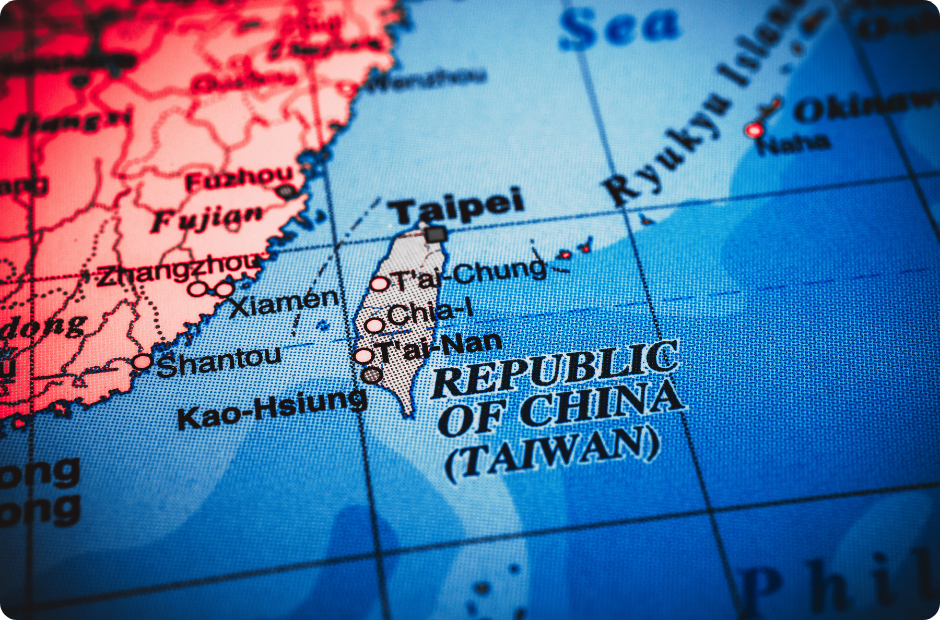In the face of dictatorship
#44
The Story
What Taiwan fears
Tell me.
Voters have elected Lai Ching-te of the Democratic Progressive Party (DPP) as Taiwan’s next president. He follows Tsai Ing-wen, who was ineligible to seek re-election after serving two terms. Both politicians are from the same party, so for the third time, DPP has won, a party that emphasises the island’s sovereignty and defeated an opposition party that favours reviving engagement with China.
What is China's position?
China, officially the People's Republic of China, sees the island as a breakaway province that will, eventually, be part of the country and has not ruled out the use of force to achieve this.
More background, please.
Today’s Taiwan, officially the Republic of China, was part of Mainland China, but when the civil war broke out and then-leader Chiang Kai-shek’s troops were defeated by Mao Zedong’s Communist army, he, the remnants of his Kuomintang government and their supporters, about 1.5 million people, fled to Taiwan in 1949. Chiang established a dictatorship that ruled Taiwan until the 1980s. Following his death, Taiwan began a transition to democracy and held its first elections in 1996.
So the election in Taiwan didn't go Beijing's way?
Right. In the weeks leading up to the elections, Beijing intervened in expected ways — sending military aircraft, ships, and balloons across the Taiwan Strait and discrediting Lai as a “destroyer of peace.” Some analysts argue that the DPP’s control of the presidency for a third consecutive term proves the bankruptcy of Beijing’s approach and shows Beijing will need to turn to more militarily coercive tactics to achieve its aims.
Will they?
Taiwan has the strongest ally possible: the USA. The United States is Taiwan's primary military backer, selling Taipei much-needed weapons and defence tech. For decades, Washington has sold arms to the island under the Taiwan Relations Act, which allows for the supply of "defensive" weapons. And last summer, US President Joe Biden hosted the leaders of South Korea and Japan for a historic trilateral summit at Camp David, where the three leaders agreed to deepen military and economic cooperation and condemned Beijing’s “dangerous and aggressive behaviour” in the South China Sea.
Will the USA continue to support Taiwan?
This is the question that many Taiwanese ask themselves. Fewer Taiwanese believe the United States will come to their aid if mainland China attacks. A Taiwanese poll found that only 34 per cent of respondents saw the United States as a trustworthy country, down from 45 per cent in 2021. The scepticism has its reasons: In a recent poll in the USA, 53 per cent of Republicans said the United States should stay out of global affairs.
How To Save Democracy
Taiwan is an island about 180 kilometres from China that has a defence budget of only a fraction of Beijing’s. Taiwan is currently trying to invest more in its own military strength. The 2024 budget includes a jump in military spending to 2.5 per cent of gross domestic product or 19 billion US dollars. Given the uncertainty about the US foreign policy direction in the future, this amount will probably have to increase further.


